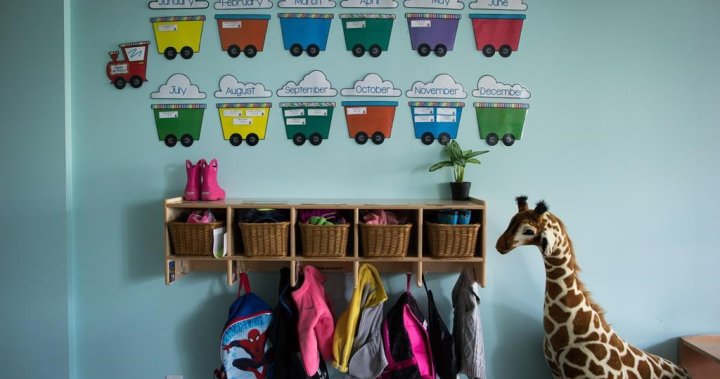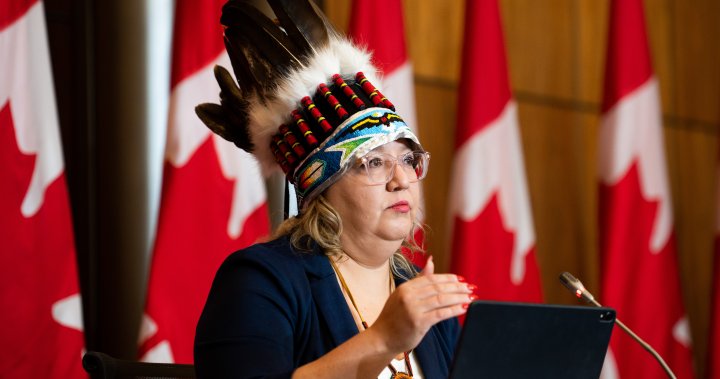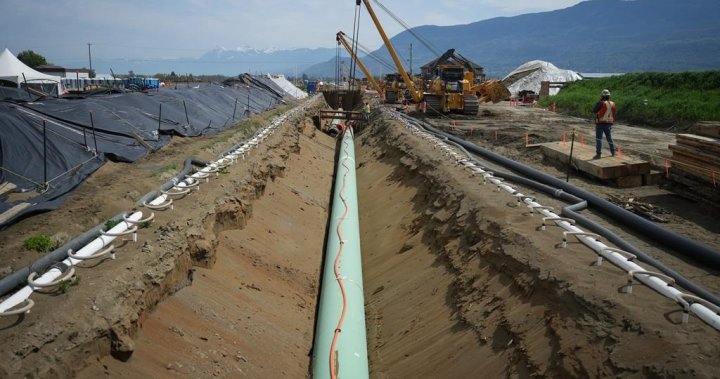A new report has some suggestions on how to transform Edmonton into a music city.
Resonant Energies: A Music City Strategy for Edmonton offers a path forward to build and strengthen the local music scene and culture for all levels of government, businesses, venues, associations and musicians.
After more than a year of research, it proposes three focuses: more musicians, more infrastructure to support them and more government funding.
“You need to have coordination around infrastructure — like music venues, it could also be infrastructure around funding, associations,” explained Andrew Mosker, the co-founder of West Anthem. “The second reason is regulatory and government — bylaws around safety, bylaws around nighttime economy, bylaws around funding as well.
“Third and finally, to bring it all together, you need people. People include artists, music industry professionals, professionals that run businesses, leaders that run associations.”
The report suggests public and private partnerships.
Proposals range from reviewing Edmonton’s busking guidelines and parking issues around venues to funding requests.
“Just underlining that we do need help from all levels of government,” said Tyson Boyd, owner and operator of the Starlite Room.
The email you need for the day’s
top news stories from Canada and around the world.
He says Edmonton’s music scene was hit hard when COVID shut venues down.
“We were having struggles before the pandemic. I think a lot of that is from old methods and practices really, being reliant on single-stream revenue sources like alcohol. A lot of habits of changed recently, not just because the pandemic. There’s cost of overhead. Unfortunately, we’ve seen a number of venues close.
“I still believe that our scene and musicians are really strong, but the infrastructure has been shaken and it’s been a hard recovery. I think there’s plenty of room to grow, we just need to identify the biggest problems and help invest and rebuild back again, stronger,” Boyd said.
The report and subsequent strategy were a joint effort from West Anthem (formerly the Alberta Music Cities Initiative), the government of Alberta, Alberta Music, and the National Music Centre.
Mosker says music can be a driving force for economic growth, wellness, tourism and cultural exchange.
“A vibrant music scene has been demonstrated in other cities around the world to provide important avenues for tourism, important avenues for when conferences come to various communities, gives them opportunities to explore the city, the culture of the city in the daytime and the nighttime. And thirdly and most importantly, it gives the city a chance to develop its voice musically.”
He calls the strategy “a vital blueprint for Alberta’s music industry, and part of our ongoing work to establish more music-friendly cities in the province.”
In 2020, music contributed an estimated $1.7 billion to Alberta’s GDP and supported over 20,000 jobs, the report found.
Singer-songwriter Cynthia Hamar said the potential of the strategy is exciting and gives her hope.
“There is this undercurrent that I feel… that you have to be somewhere else to really make it in the music industry, like you need to go to LA or Nashville or Toronto, go somewhere, go somewhere,” Hamar said.
“I love it here. I don’t want to go anywhere. So, hearing that we’re going to do something about that and draw more people here and actually create this culture that could mirror some of these other cities that are bringing in artists, that’s pretty cool.
“There’s just so many musicians here and we don’t hear about them,” Hamar said. “I’m constantly discovering a new artist and realizing: Oh, my goodness, they live in Edmonton!”
© 2024 Global News, a division of Corus Entertainment Inc.



